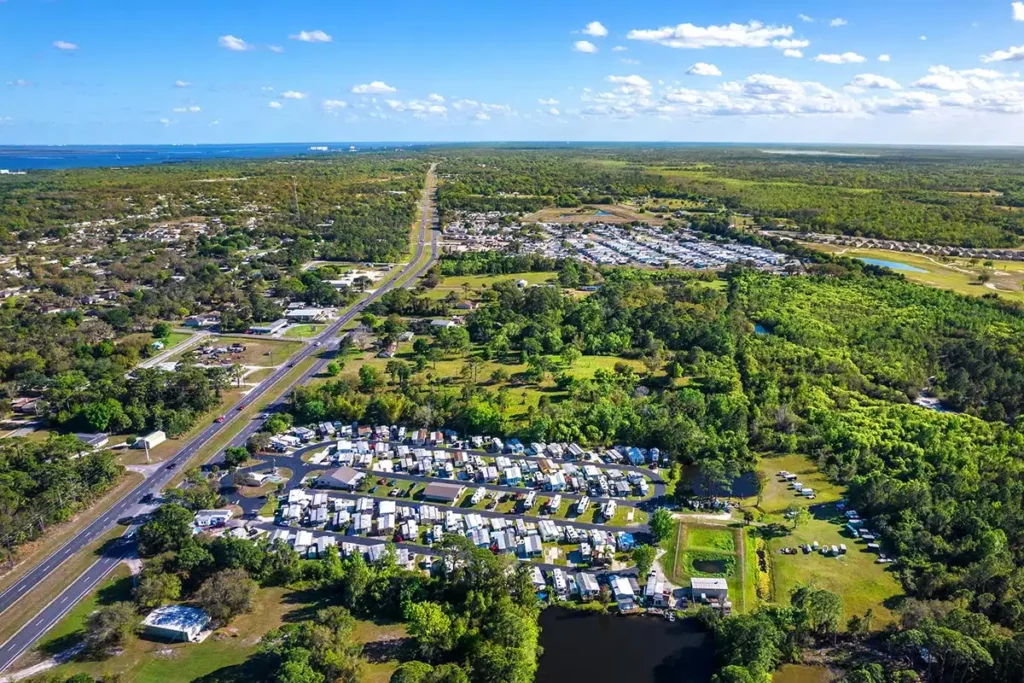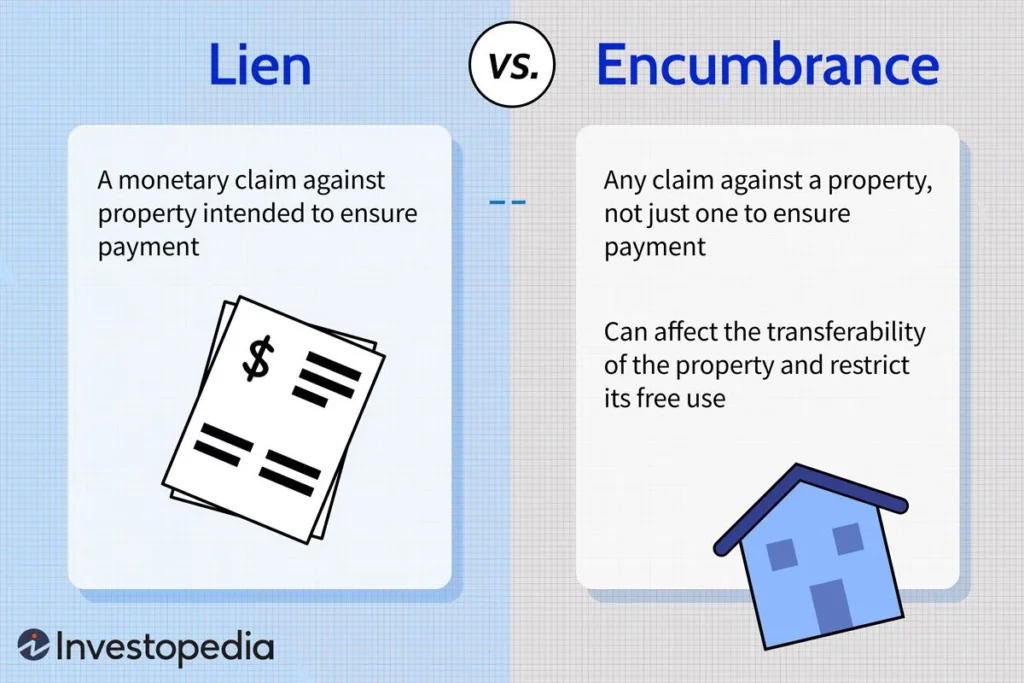Exploring Legal Aspects Of Mobile Home Park Investing
-
 Tristan Hunter - Investor Relations
Tristan Hunter - Investor Relations
In recent times, there has been a notable increase in interest surrounding the possibilities of manufactured homes as a versatile and cost-effective housing solution. This trend has prompted various private equity firms and investors to recognize the potential of investing in mobile home parks, both actively and passively.
Mobile home parks may present alluring advantages, potentially reducing risk, as well as increasing cash flow and stability. For those investors seeking a dependable stream of passive income that typically demands minimal engagement, the notion of considering investing in a mobile home park may emerge as a probable captivating prospect.
Nevertheless, it’s imperative to grasp that guaranteed success in mobile home park investments often remains elusive. As with numerous investments, uncertainties are inherent, and results may vary based on a multitude of factors; encompassing geographical location, prevailing market conditions, managerial strategies, and economic circumstances to list a few.
Hence, individuals who harbor an interest in this investment avenue are urged to undertake comprehensive research, analyze the ongoing market conditions, and acknowledge the plausible risks before formulating any investment decisions. It is also prudent to seek expert advice from industry professionals to facilitate well-informed decision-making.
Mobile home parks have often been perceived as investments with attributes of passivity, generally requiring a relatively moderate time commitment and minimal labor. This is not always true! Nevertheless, it should be noted that certain legal considerations necessitate due diligence.
This article will delve into some of the many conceivable legal facets associated with investing in a mobile home park.
Let’s dive into it!
Understanding Mobile Home Park Investments
At its core, mobile home park investment generally revolves around two primary approaches: procuring an established mobile home park or acquiring land to develop a mobile home park and subsequently leasing individual lots for periodic payments.
In contrast to the direct purchase of mobile homes, opting to invest in a mobile home park and subsequently leasing out individual lots and amenities is perceived as a likely avenue for generating enhanced profitability.

Legal Considerations
Similar to other real estate endeavors, investing in mobile home parks typically requires addressing legal aspects before acquiring and leasing lots. Presented below are some of the legal challenges that may require resolution before considering investment in a mobile home park:
Zoning Regulations:
One of the initial considerations when contemplating investments in mobile home parks pertains to local zoning regulations. These regulations can differ substantially across states and govern permissible land uses and activities.
Several types of zoning regulations encompass:
- Legal Conforming Zoning: Indicating the permissibility of establishing a mobile home park.
- Non-Conforming Zoning: Relevant when a mobile home park was established before prevailing zoning regulations were enacted. In such cases, the mobile home park can generally continue operations without expansion or enhancements as it is “grandfathered” in.
- Conditional Permits: Granting permission under specific conditions stipulated by local authorities. These conditions may pertain to park size, number of mobile homes, or available amenities to list a few.
- Rezoning: Enabling mobile home park owners or investors to request a change in zoning classification.
- Special Exceptions: Permitting mobile home park establishment despite zoning restrictions, contingent upon specific conditions set by local authorities.
Keel Team’s comprehensive understanding of local zoning regulations and our strategic approach when selecting our manufactured housing community properties means that we will most likely identify opportunities with the least zoning conflicts.
With meticulous research, due diligence and meticulous planning, we aim to ensure that the properties we consider for investment align harmoniously with existing zoning laws, with the end goal of mitigating the risk of regulatory roadblocks down the line.
Feel free to explore how our expertise may offer support in protecting your investment and potentially aiding in a seamless experience in the realm of mobile home park investments. Reach out to us, we’d be glad to provide insight towards a potential investment opportunity, as we aim to navigate zoning challenges.
Title and Ownership Considerations
Verifying land and mobile home ownership constitutes a critical legal facet of mobile home park investments. Ownership discrepancies can potentially lead to diminished value and profitability. Pertinent issues that one may encompass:
Liens and Encumbrances
These relate to claims or interests held by external parties on the property, including but not limited to; taxes, mortgages, leases, or easements. Such encumbrances will likely exert a significant impact on equity and cash flow.

Mobile Home Titles
Documentation confirming ownership of individual mobile homes. Every mobile home within the park must be registered and able to substantiate ownership. Furthermore, they could possibly be encumbered by liens or other claims.
Title Defects
Deficiencies in documents validating ownership can potentially lead to substantial legal disputes. Issues like forged signatures, untraceable heirs, and fraudulent documents could potentially result in legal actions and the loss of property ownership.
Agreements and Contracts
Agreements and contracts represent foundational legal components in mobile home park investments. Formulating and reviewing contracts among sellers, tenants, local authorities, contractors, and management are pivotal.
These agreements may encompass various aspects of the business, including but not limited to; pricing, financing conditions, lease duration, rental amounts, park regulations, and upkeep. These aspects generally constitute vital elements of the legal groundwork associated with mobile home park investments.
Potential Ramifications for Overlooking Legal Aspects
Instances where mobile home park owners fall short of stipulated standards or prerequisites, as outlined earlier, may prompt the issue of notifications outlining violations and necessary corrective actions. Failure to address such legal violations could potentially lead to subsequent legal measures.
Transgressors may face misdemeanor charges if found in violation of the law. Potential penalties could include fines up to a certain amount. Moreover, each day beyond the specified timeframe can also be treated as a separate offense.
Moreover, the main concern is the lost of invested capital. This is why completing proper mobile home park due diligence upfront is so important.
Our experienced team strives to scrutinize ownership titles, and draft watertight agreements by leveraging our industry specific top notch attorney team. By proactively addressing potential issues, we aim to minimize the uncertainty and potential pitfalls that likely stem from neglecting legal considerations.
Learn More About Passive Mobile Home Park Investing Today →
In Conclusion
Embarking on the journey of acquiring a mobile home park, typically introduces a significant legal dimension. Although it might seem intimidating at first, passively investing can potentially illuminate the path for a more seamless process.
Mobile home parks hold the potential to offer specific advantages, such as the likelihood of reduced risk, increased cash flow, and potential stability. For those looking to nurture a reliable passive income, and keep time commitments low — passively investing in mobile home parks often holds great allure. Find a partner that is active in the space to invest with and ensure they have a proven track record of mobile home park investments.
Take Note…
It’s essential, however, to recognize the absence of guaranteed success within the sphere of mobile home park investments. Just like any investment pursuit, inherent risks persist, and outcomes potentially remain susceptible to fluctuations shaped by various factors. These may include but are not limited to; geographic location, market dynamics, management strategies, and economic nuances. Rigorous market analysis, meticulous risk assessment, and the guidance of industry professionals, serve as pivotal measures prior to making any investment-related choices.
Would you like to learn more about making passive investments into mobile home parks? Exploring this option could provide insights into the potential of these investments, offering the likely advantage of reducing direct involvement (tenants, toilets and trash).
Let’s Talk
Get in touch with us to learn more about mobile home park investing today!
Disclaimer:
The information provided is for informational purposes only and should not be considered investment advice, nor a guarantee of any kind. There are no guarantees of profitability, and all investment decisions should be made based on individual research and consultation with registered financial and legal professionals. We are not registered financial or legal professionals and do not provide personalized investment recommendations.

Tristan Hunter - Investor Relations
View The Previous or Next Post
Subscribe Below 👇





